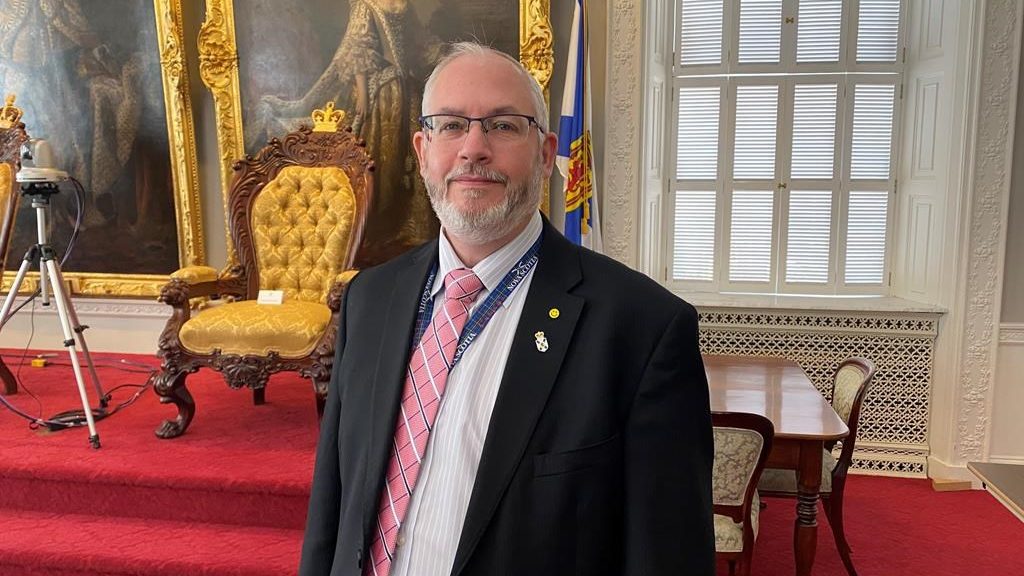Judge wrong to order award to residential school rape victim, government says
Posted Dec 5, 2016 03:42:39 PM.
Last Updated Dec 5, 2016 06:21:19 PM.
This article is more than 5 years old.
TORONTO – The courts had no right to order compensation for a former altar boy, who was denied payment despite being raped by a priest at an Indian residential school, the federal government argued Monday.
The man’s claim was properly rejected under the independent assessment process set up to deal with such claims, the government said, and judges have no right to interfere.
The assessment process is winding down and there should be no way for people whose cases have been already decided — some years ago — to be given a crack at obtaining more money, government lawyer Catherine Coughlan told Ontario’s top court.
“Claimants are attempting to avail themselves of another level of review,” Coughlan said. “This has potentially profound implications for the resolve of thousands of IAP claims.”
The case involves M.F., now in his mid-60s, whose compensation claim was rejected even though an adjudicator found he had been sexually abused as a child.
The problem, the adjudicator decided, was that the Indian residential school in Spanish, Ont., had already closed when the abuse occurred. She based that determination on her view that M.F. would have been too young to have been an altar boy when the school was still open.
As a result, she found he had no claim under the assessment process, which was set up as part of the settlement of a class action arising out of the Indian residential school system.
Two subsequent reviews found no reason to overturn her decision, prompting M.F. to turn to the courts.
In July, Ontario Superior Court Justice Paul Perell found the process had failed M.F. and had amounted to a “patent miscarriage of justice.”
Among other things, Perell found, the initial adjudicator had no right to lean on her own notion of how the Catholic church worked in determining whether he had been an altar boy at the time in question. A review and re-review failed to fix that mistake, Perell found.
“It is not disputed that in the sacristy of the church used by the Spanish Boys Indian Residential School…Father B anally raped and forced M.F. to perform fellatio,” Perell said.
“Notwithstanding the uncontested proof of the sexual assaults, the IAP adjudicator dismissed M.F.’s application. She inferred that the sexual assaults had occurred after Spanish Boys IRS had closed.”
Perell, who noted a government document that bolstered the claim turned up after the court case was started, ordered M.F. be compensated.
“He did so, Canada says, in circumstances in which he has no jurisdiction,” Coughlan told the Appeal Court.
Coughlan did say the government had already agreed to having the adjudicator rehear the case because of the document, but said it never agreed to allow the courts to assume jurisdiction and substitute their own settlements — except in “very exceptional” circumstances.
There’s nothing exceptional about M.F.’s case, Coughlan said. “The IAP works as it was intended to work.”
M.F.’s lawyer David Schulze disputed the notion that allowing Perell’s decision to stand would open the floodgates to judicial reviews of settled claims. The assessment system, he said, has been a good process in all but a handful of cases.
“It has delivered justice to tens of thousands of people,” Schulze said. “There are no floodgates.”
Perell’s decision to award compensation to M.F. was correct because of the serious errors made during the assessment process over which the courts must have jurisdiction, Shulze argued. Perell saw no need to send the case back for a hearing because there was “nothing left to talk about” given the evidence of the abuse, he added.
“Something went seriously wrong in this case,” Schulze said. “What Justice Perell was doing was finding a practical solution to an individual problem.”
The three appeal justices, including Chief Justice George Strathy, appeared to have difficulty in accepting that the initial adjudicator had made a gross error in light of the evidence she had at the time.
The hearing continues Tuesday.










